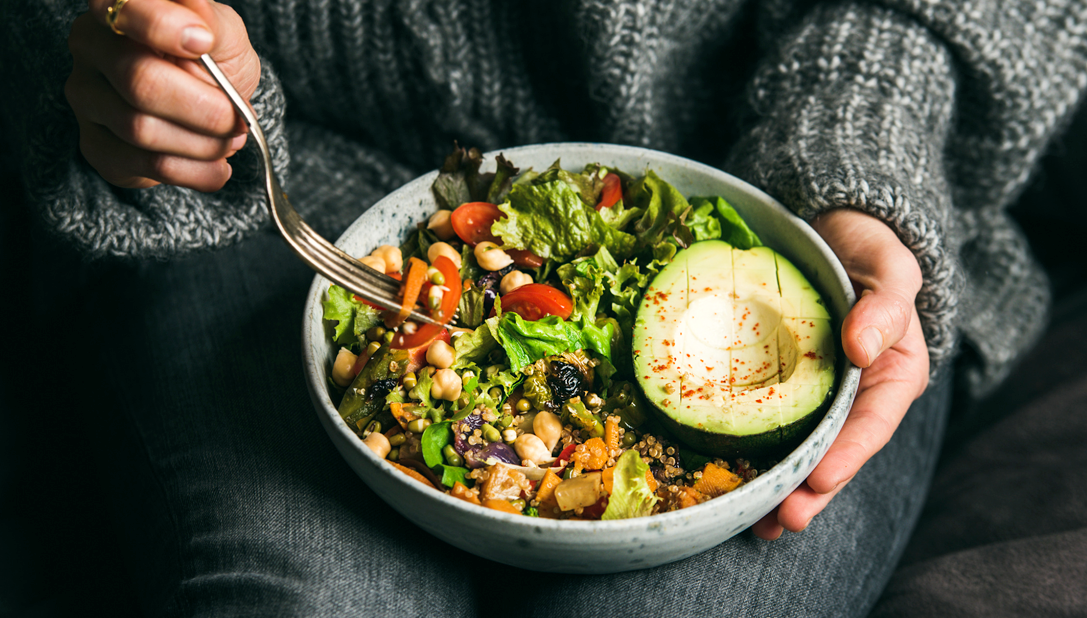
Insulin Resistance & Reducing Your Risk
When we eat food, sugar and carbs are broken down into glucose – a vital fuel for our cells. However, excess glucose in the bloodstream can lead to insulin resistance, which keeps your cells from properly using glucose. This can lead to dangerous blood sugar levels, affect metabolism, and may result in other health consequences.
Glucose and Insulin – What’s the Connection?
When you consume sugar or carbohydrates, your body breaks them down into glucose, which enters your bloodstream. This action triggers your pancreas to release insulin that transports glucose from your bloodstream into your cells for energy. If there’s extra glucose, it’s stored in your fat, muscle, and liver as glycogen for later. But, if you overdo carbs, sugary snacks, or drinks, your body receives too much glucose that needs to be processed quickly. Over time, this puts more strain on the system and your cells may become resistant to insulin.
When this occurs, glucose accumulates in the blood stream instead of being absorbed by the cells leading to elevated blood sugar levels which can damage different parts of our bodies including fat tissues, muscles and even our liver.
Examples of High-Sugar Foods & Drinks
There are various types of foods that can contain large amounts of sugar or carbohydrates such as:
- soft drinks
- bottled kombucha
- yogurt
- sauces/condiments
- fruit juices
- sport drinks
- candy bars
- baked goods
- breakfast cereals
- flavored coffees
- protein bars
- boxed soups/meals
- cereal bars
- canned/jarred fruit
- bottled smoothies
- and more…
Many processed meals also contain hidden sugar as well as bottled so-called “health drinks” so it’s important to read labels carefully!
Stress can also trigger insulin resistance.
Cortisol is released when we are under stress and can increase our blood sugar levels, eventually damaging our cells. Cortisol also causes us to crave sugary and high-carbohydrate foods that worsen insulin resistance.
Symptoms and Signs of Insulin Resistance
It’s important to look out for these syptoms as early detection could help you avoid more serious complications later down the line. The signs that you might be developing insulin resistance include:
- Elevated blood sugar levels
- Increased thirst and hunger sensations
- Infections that come back frequently
- Extreme fatigue or low energy levels
- Difficulty losing weight even with efforts taken towards it
Natural Ways to Heal the Body and Avoid Insulin Resistance
Nutrition can play an important role in helping heal your body from potential damage caused by insulin resisance. You will want to focus on real whole foods that will fuel your body with the nutrients it needs so it can work optimally.
Eat foods such as: fruits, vegetables, seeds, nuts, fish, poultry, eggs, whole grains, leafy greens, and lean meat. These foods are fantastic for avoiding refined carbohydrates, sugars and processed junk food.
You should also include healthy fats such as avocados, olive oil, coconut oil, and nut butters in your diet. They will provide your body with the fuel it needs while avoiding those unhealthy fried items, snacks or sweets.
Regular exercise, combined with mindfulness and meditation, can help reduce chronic stress which can make insulin resistance worse.
Getting quality sleep each night will provide the extra energy you need to power through your day.
Insulin resistance can be dangerous if not handled correctly and may result in severe implicaitons for our health if not diagnosed early enough. Actively take charge of your health. Sometimes all you need is a lifestyle change!
